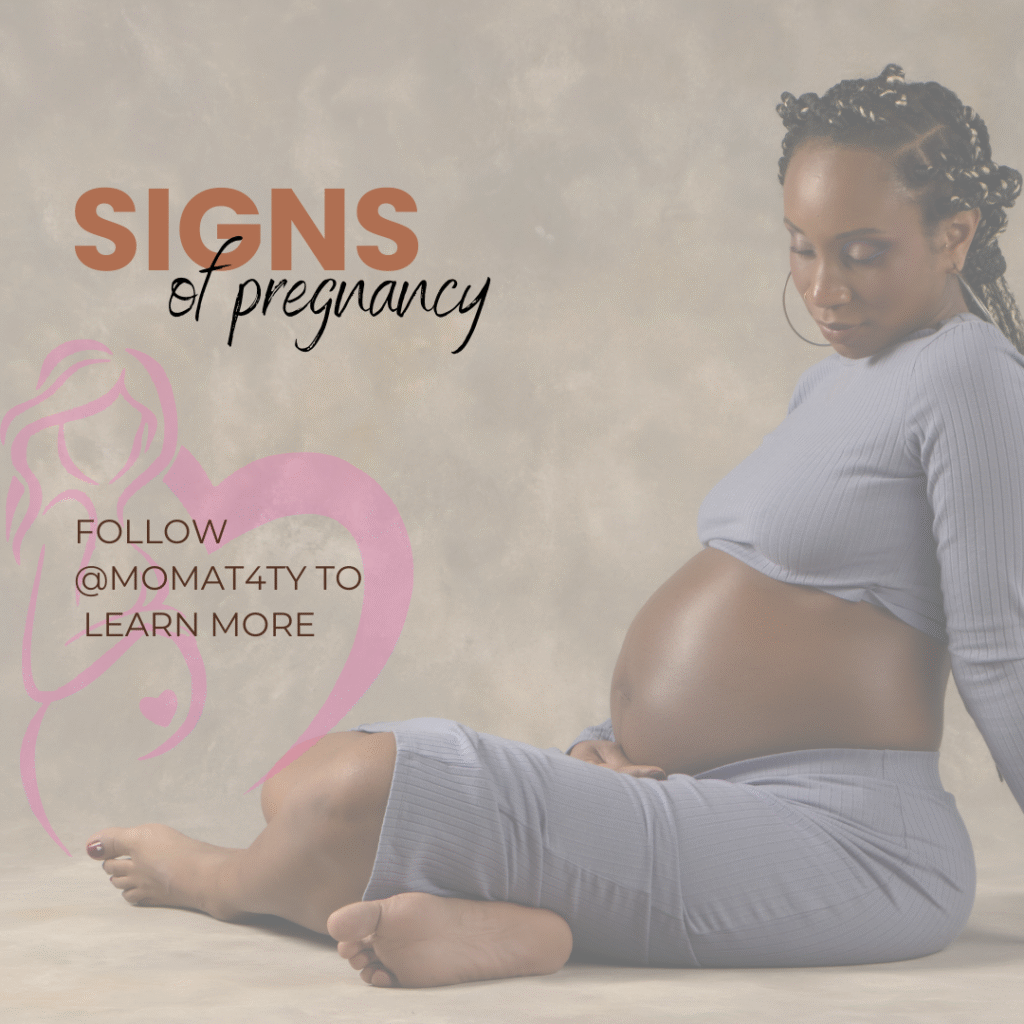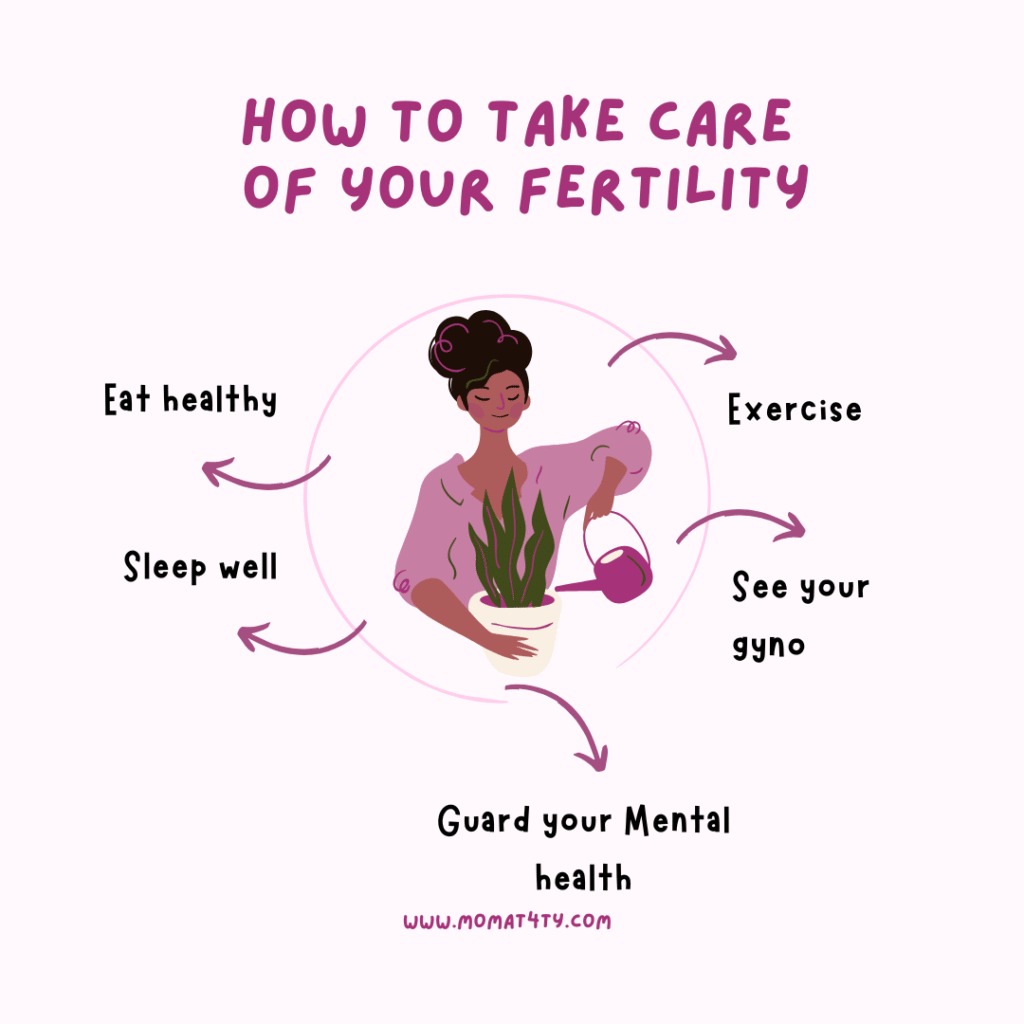Pregnancy is a deeply transformative journey—filled with hope, anticipation, and the quiet strength of becoming. But for women over the age of 35, it can also come with unexpected turns that few openly discuss.
If you’re in this age group and planning to conceive—or you’re already pregnant—this post is for you.
First, Let’s Celebrate You
Bringing life into the world is no small feat. Whether this is your first pregnancy or your third, your body is preparing to do something powerful. The joy, the cravings, the nesting instincts, and yes, even the hormonal swings—these are all part of a sacred process. But behind the glow, it’s essential to understand what makes pregnancy after 35 unique, so you can walk this path with strength, grace, and informed confidence.
The Truth About Pregnancy After 35
By medical standards, a pregnancy after age 35 is considered “advanced maternal age”, a clinical term, yes, but it simply means there are certain risks and considerations to be aware of. This doesn’t mean pregnancy becomes dangerous or impossible. It means you need a different kind of preparation, more intentional, more supported.
Let’s break it down.
1. Increased Risk of Preeclampsia
One of the more common pregnancy complications in women over 35 is preeclampsia—a condition that typically develops after the 20th week of pregnancy and is marked by high blood pressure, swelling, headaches, and vision changes.
While swelling and headaches can occur in any pregnancy, in women over 35, they’re more closely monitored because they can signal deeper issues.
How to prepare:
- Reduce sodium (salt) intake.
- Stay hydrated.
- Eat a nutrient-rich diet with lots of leafy greens, lean proteins, and healthy fats.
- Attend all antenatal appointments for blood pressure monitoring.
- Listen to your body—fatigue, dizziness, or blurred vision should never be ignored.

2. Fluctuating Amino Acid Levels
An imbalance in amino acids—either too much or too little—can affect both maternal and fetal health. Elevated levels may lead to tissue damage or complications in the baby’s development. On the other hand, deficiencies can restrict fetal growth or increase the risk of preterm birth and stillbirth.
What you can do:
- Ensure you’re eating protein from diverse sources (beans, lentils, fish, poultry).
- Ask your doctor about pregnancy-safe supplements.
- Prioritise hydration.
- Rest, and do not underestimate the importance of sleep and stress reduction.
3. Gestational Diabetes
Women over 35 are more prone to gestational diabetes, even without a prior history of diabetes. This condition can affect the baby’s growth and increase the likelihood of a cesarean delivery.
Prevention and preparation:
- Get screened early and regularly.
- Incorporate low-glycemic foods (e.g., oats, sweet potatoes, brown rice).
- Stay active—gentle walks, yoga, or swimming help maintain balance.
- Cut back on sugary drinks and processed carbs.
4. Declining Fertility and the Emotional Toll
Trying to conceive after 35 can come with unexpected delays. For many African women, cultural expectations and social pressure can weigh heavily during this time, especially when faced with fertility struggles or the choice to use assisted methods like IVF, adoption, or surrogacy.
What helps:
- Talk about it. Shame thrives in silence.
- Find a doctor who respects your journey and explains your options clearly.
- Build a support system—whether it’s your partner, a close friend, or a trusted elder.
- Know that the path to motherhood isn’t one-size-fits-all.
5. Higher Risk of Chromosomal Abnormalities
The risk of conditions such as Down syndrome increases with age. While this can sound alarming, remember that modern prenatal screenings can provide clarity early on, allowing you to make informed decisions.
Tip: Ask about non-invasive prenatal testing (NIPT) and genetic counseling if it’s available in your area.
6. Emotional and Physical Fatigue
Pregnancy over 35 often coincides with other life responsibilities—career, caregiving, or even parenting older children. The body may feel more tired, and the mind more anxious.
What you need:
- Rest like it’s your job.
- Say no more often. Prioritise peace.
- Create a birth plan that includes mental health support.
- Surround yourself with voices that uplift you, not those that shame you.

The Final Word: You Are Not Alone
Pregnancy after 35 is not a flaw or a failure—it is simply another version of the motherhood story. Many African women are walking this road, and each journey is valid, worthy, and beautiful.
Preparation is power. With the right knowledge, support, and self-care, this experience can still be rich, joyful, and deeply fulfilling.
So, if you’re on this path, remember: your age is not a barrier, it’s a layer of wisdom.

